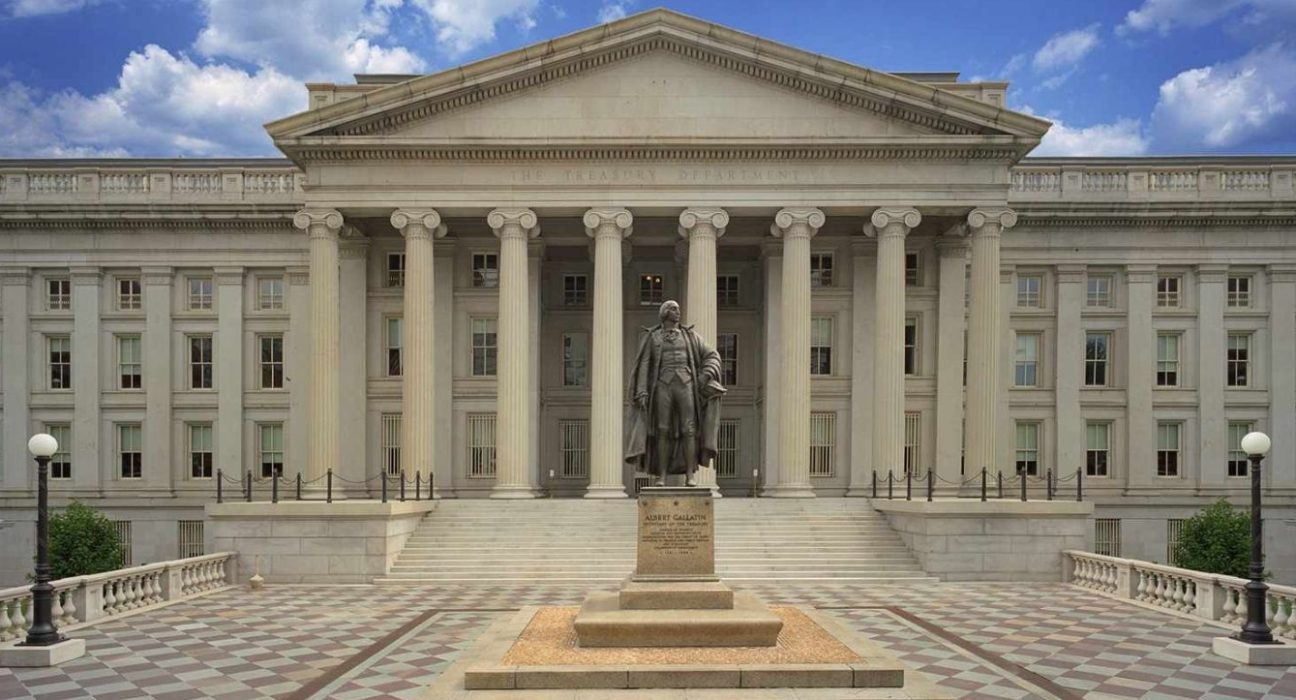Introduction:
The U.S. Treasury Chief, Janet Yellen, has called on Congress to raise the federal borrowing cap to avoid a looming economic and financial crisis. Yellen has warned that the United States risks defaulting on its debts if the borrowing cap is not increased, which could have severe consequences for the U.S. economy and global financial markets. In this article, we will explore the implications of the federal borrowing cap and the ongoing debate surrounding its increase.
What is the Federal Borrowing Cap?
The federal borrowing cap, also known as the debt ceiling, is a limit on the amount of money that the U.S. government can borrow to finance its operations. The cap is set by Congress and applies to the total amount of outstanding debt that the government can have at any given time. The current federal borrowing cap is $31.4 trillion, and the U.S. government is rapidly approaching this limit.
The Debate Over Increasing the Federal Borrowing Cap
The federal borrowing cap has been a contentious issue in U.S. politics for decades. Republicans and Democrats have often clashed over the need to increase the borrowing cap, with Republicans typically advocating for spending cuts and Democrats pushing for increased spending on social programs.
Janet Yellen, who served as the Chair of the Federal Reserve before becoming the Treasury Chief, has repeatedly urged Congress to raise the borrowing cap. She has warned that failure to do so could result in a catastrophic default on U.S. debt, which would have far-reaching consequences for the U.S. economy and global financial markets.
In a recent letter to Congressional leaders, Yellen warned that the Treasury Department will likely exhaust its emergency measures to keep the government funded by October or November of this year. If Congress fails to raise the borrowing cap before then, the United States risks defaulting on its debts for the first time in history.
Potential Consequences of Defaulting on U.S. Debt
The consequences of defaulting on U.S. debt could be severe and far-reaching. Defaulting on its debt would damage the United States’ credit rating, making it more expensive for the government to borrow money in the future. It would also cause global financial markets to plummet, as U.S. Treasury bonds are considered one of the safest investments in the world.
A default could trigger a financial crisis that could lead to widespread job losses, a decline in GDP, and a stock market crash. The effects could be felt not just in the United States but also in countries around the world that rely on U.S. Treasury bonds for stability.
Conclusion
In conclusion, the federal borrowing cap is a critical issue that Congress must address urgently. Failure to increase the borrowing cap could lead to a catastrophic default on U.S. debt, which would have severe consequences for the U.S. economy and global financial markets. Janet Yellen’s warnings about the need to raise the borrowing cap should be taken seriously, and Congress must work together to find a solution that ensures the stability of the U.S. economy.
The U.S. Treasury Chief’s warnings about the need to raise the federal borrowing cap are a stark reminder of the potential consequences of failing to do so. With the U.S. government quickly approaching its borrowing limit, the need for action is urgent. Congress must work together to come up with a solution that will prevent a catastrophic default on U.S. debt and ensure the stability of the U.S. economy and global financial markets.










